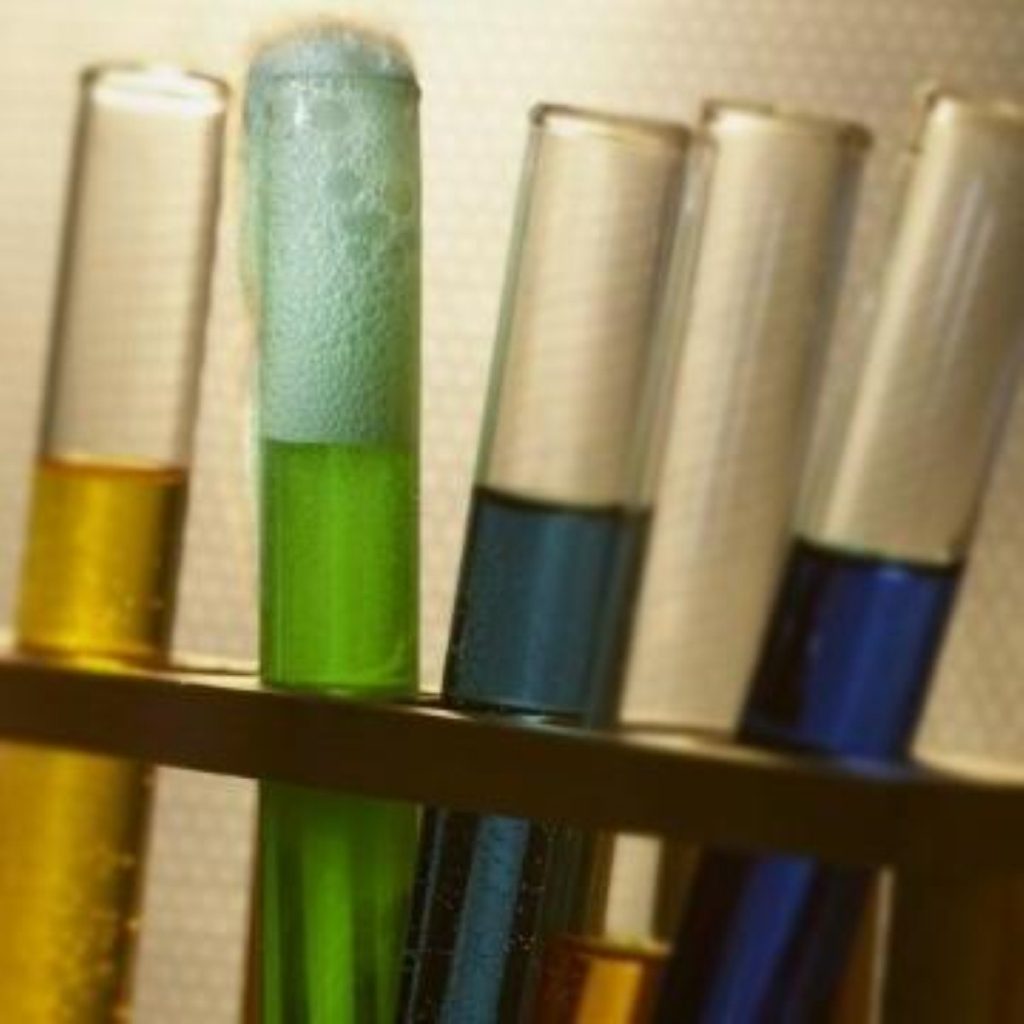Animal testing should be reduced
A major report into testing on animals has concluded that testing should be reduced.
However, it has also concluded that animal testing has helped make significant medical and scientific breakthroughs.
The two-year investigation from the Nuffield Council of Bioethics leading to the report The ethics of research involving animals drew few firm conclusions and the working group – comprising philosophers, scientists, animal activists and a lawyer – failed to reach a united conclusion.
But, it did back the use of the ‘3 R’ approach – refinement, reduction and replacement of animals in research – and accepted that the testing of new drugs on animals would not end in the short term.


It also suggested that there should be greater transparency from scientists to improve public trust and a long-term reduction in tests, but noted that commercial companies and academics were unwilling to share information.
“A world in which the important benefits of such research could be achieved without causing pain, suffering, distress, lasting harm or death to animals involved in research must be the ultimate goal,” it said.
Earlier, the Government also announced it would be investing £3 million in the National Centre for the Replacement, Refinement and Reduction of Animals in Research, established last year.
Responding to the report, scientific groups focused on the acceptance of some testing and animal rights groups on reduction moves.
Dr Philip Wright, director of science and technology at the Association of the British Pharmaceutical Industry, said unnecessary testing was in no-one’s interest.
Dr Wright said: “Pointless animal research would distract from the main objective of getting new medicines through to patients quickly.”
But he warned that greater openness about experimentation could “only occur fully when there is no intimidation or harassment of employees, family and friends”.
And Professor Ole Petersen of the Royal Society’s animals in research committee said: “Confirmation in this report that the use of animals in research is scientifically valid, including basic research to advance scientific knowledge, will encourage researchers who may have felt that their valuable work was not widely supported outside the scientific community.”
A spokesman for the BUAV (British Union for the Abolition of Vivisection) said that fundamentally it was wrong to “cause pain and distress to animals who have not consented to being experimented on, and who will derive no benefit from the experiment”.
He added that greater transparency was essential, saying: “Although summaries of Home Office project licenses are available, we feel that everything except details allowing identification of individuals and institutions or truly sensitive commercial information should be provided.
“In particular we would like to see more information on what is to be done to the animals in laboratories, for what purpose and with what result, as until full information is given how can there ever be informed debate?”

